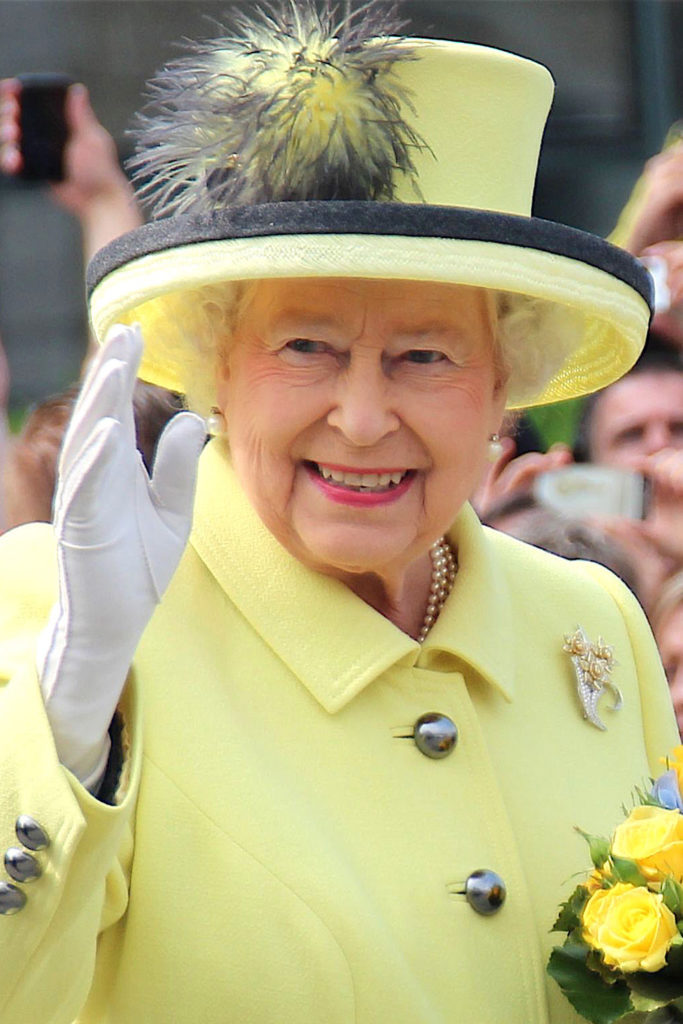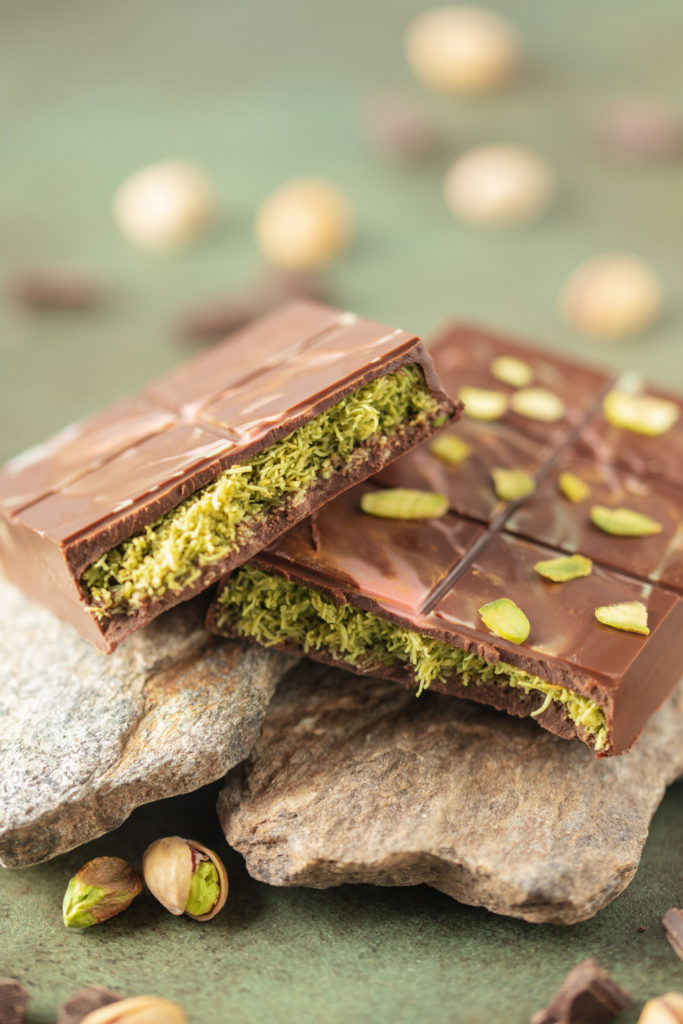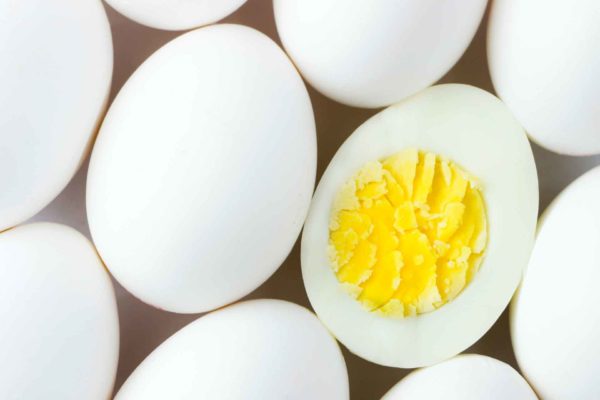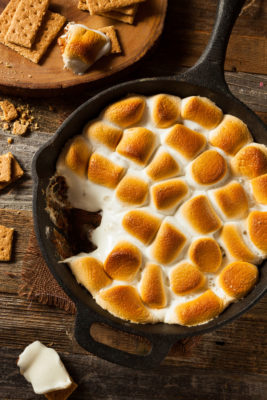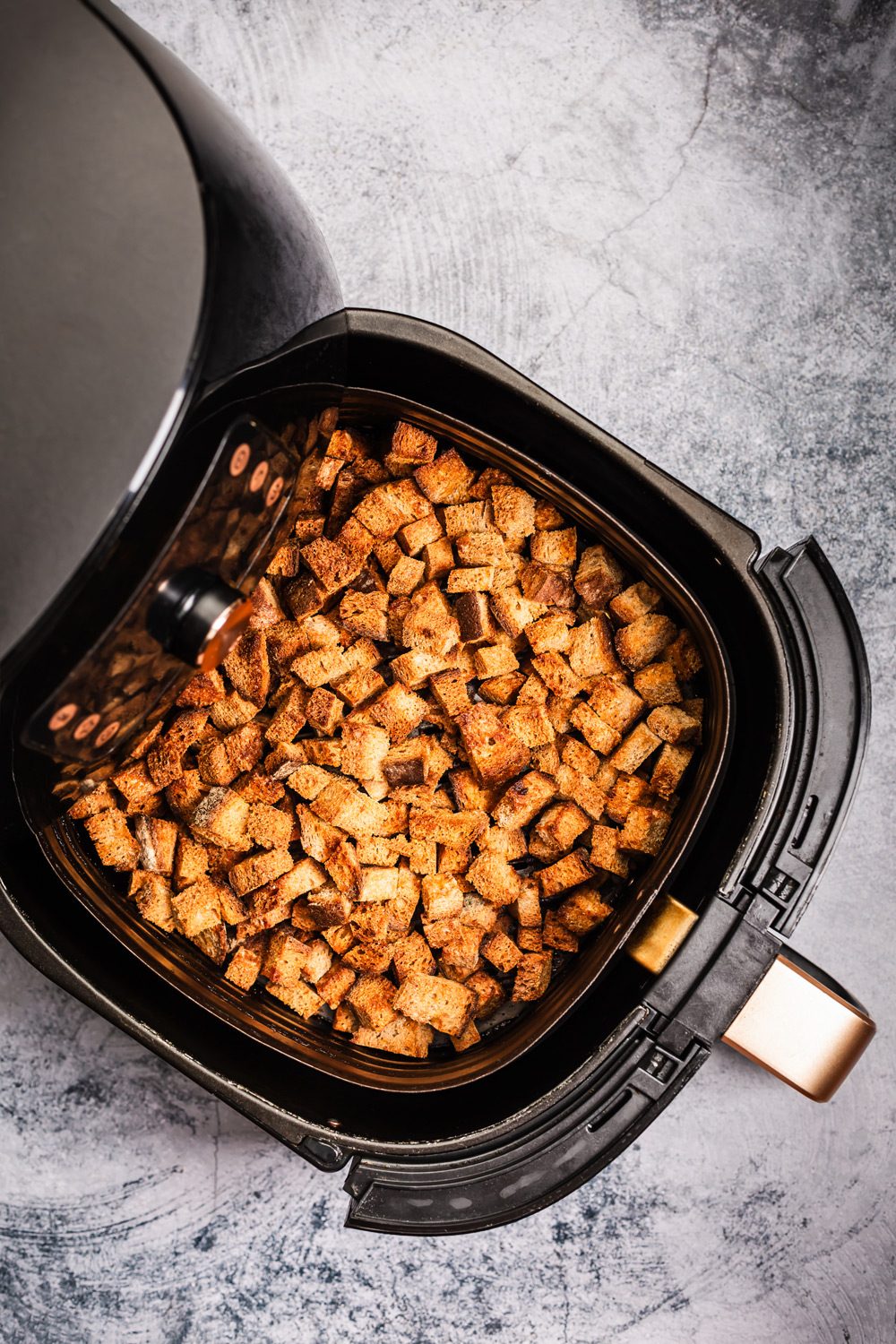
Are Air Fryers Safe?
By
2 months ago
How to reduce the fire safety risk of your favourite kitchen appliance
Air fryers first took off during the pandemic, but five years on the hype remains. Research shows they’re now the third most used appliance in UK kitchens, utilised more often than conventional electric or gas ovens. But could worries about their safety be threatening their dominance? Insurance giant Aviva has worried users by warning about a surge in claims related to air fryer incidents, with a recent survey finding nearly a fifth of respondents had encountered potential fire hazards in their homes because of the appliance. So how can we practice good air fryer safety?
Are Air Fryers Dangerous?
Anything that requires electricity poses a slight safety risk, but when used correctly air fryers are generally considered safe for use. In some cases, they can be safer than other cooking methods, such as deep-fat frying: this involves cooking with hot oil, which can easily spill and cause burns. Natural gas stoves, meanwhile, have an open flame, and studies show they have the potential to release harmful pollutants. However, air fryers are not without their risks: smoke and overheating can lead to fires, so it’s important to take precautions when using them.
How To Use An Air Fryer Safely
Choose the right temperature
Be wary of cooking at too hot a temperature – the air fryer requires a lower temperature than a conventional oven. According to Russell Hobbs, ‘you should lower the temperature of your air fryer by 20-25°C than the recommended oven temperature to get the best results.’ It’s worth noting, too, that heat will differ between air fryers. Chef Poppy O’Toole, who published an air fryer cookbook, told the BBC: ‘One air fryer’s heat might be more ferocious than another’s. [When writing the book] I had two different air fryers to use. Sometimes, one of the recipes would work perfectly in one and then we’d have to tweak it for the other, so it involved a bit of trial and error.’
Clean your air fryer regularly
Be honest: how often do you wash your air fryer? While it might be tempting to leave it for a few dinners, experts recommend washing the appliance after every use, and doing a deep clean from time to time. This is not only important for hygiene (not cleaning the air fryer can mean you’re baking on dirt and grime), it’s crucial for safety: if left unwashed, grease and food particles can build up and ignite during cooking, causing a fire.
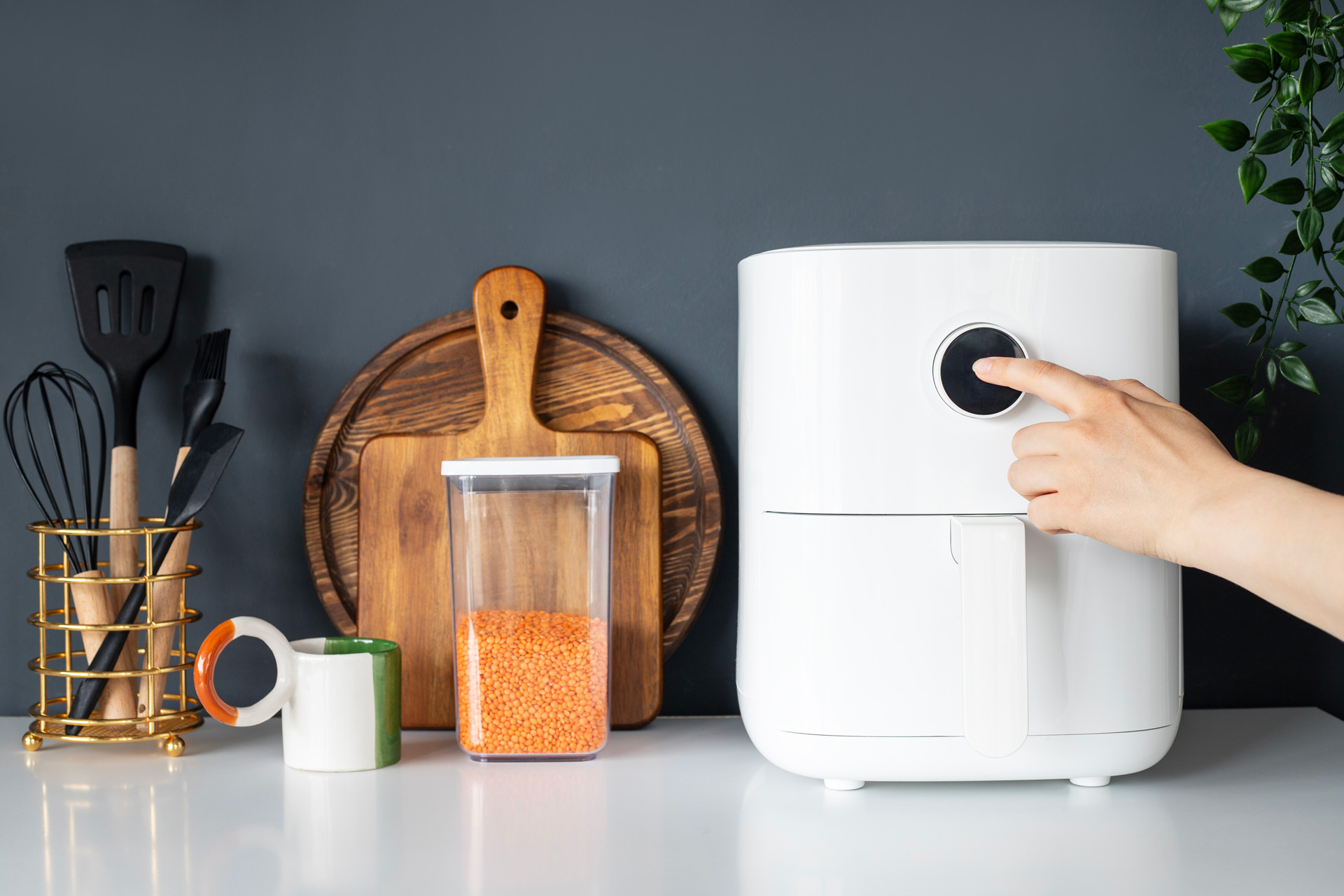
Getty Images
Unplug it when not in use
Air fryers continue to draw electricity when not in use, so they should always be unplugged when you’re not cooking with them. Not only will this reduce the fire risk, it will save you some money on your electricity bill. Safety experts also recommend plugging all kitchen appliances into a direct socket rather than using an extension cord, as this will prevent overloading the circuit.
Ensure it’s positioned safely
Be wary of where you’re putting your air fryer: it should be on a stable, non-flammable surface, with plenty of space around it to allow for proper ventilation. Experts warn against putting it near a sink, too, not only as a safety precaution but also to prevent the food from bacteria (sinks are riddled with germs).
Don’t overfill your air fryer
It can be tempting to throw as much food as you can into the air fryer, particularly if you’re cooking for a big group. But overcrowding can pose a fire risk – if there’s too much food in there, it can cause grease to splatter up towards the hot coils. Not only that, but it will result in uneven cooking and increase cooking time.
Don’t leave the air fryer unattended
Aviva’s safety warning stresses the importance of monitoring the air fryer while it’s in use. The appliance gets hot quickly, so it’s important to stay nearby and be aware of any smoke or unusual smells arising.

